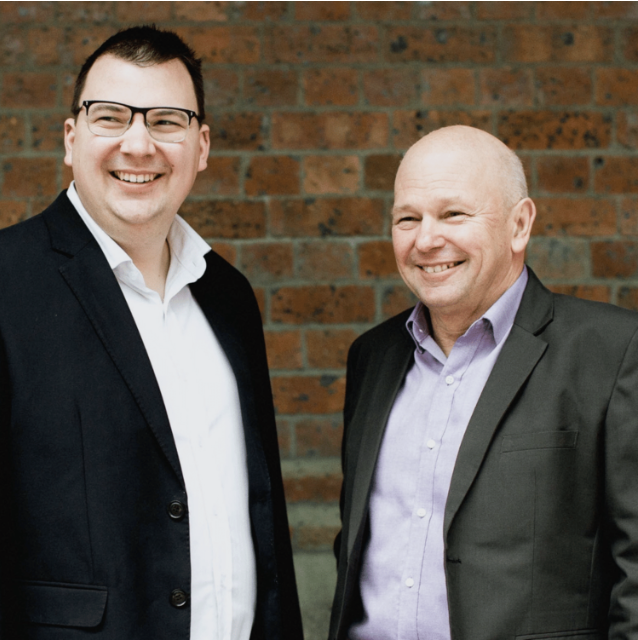Our approach to professional learning.
Practical, flexible, and grounded in real work.
A place for people in education, health, and community roles to build practical skills they can use at work.

Many professionals support others every day but have limited access to clear, practical learning they can use straight away. We created The Wellbeing Project to change that.

Courses are built with experienced practitioners and reviewed through a university-supported quality process. Every course focuses on real situations, simple language, and skills that transfer into daily work. Learning is flexible so busy people can dip in, pause, and come back when needed.

Practical tools, clear guidance, and professional confidence. Each course includes examples, templates, and options to extend learning through discussion or assessment when useful.
This site is intended to provide general information and strategies to assist with the management of behavioural challenges. This is not a substitute for specialist medical advice and you should always consult a qualified health professional before commencing any intervention.
The Wellbeing Project acknowledges the Wurundjeri people of the Kulin Nation. We pay our respects to their Elders, past and present, and recognise that long before online courses and Zoom calls, this was a place of deep knowledge, teaching, and storytelling.